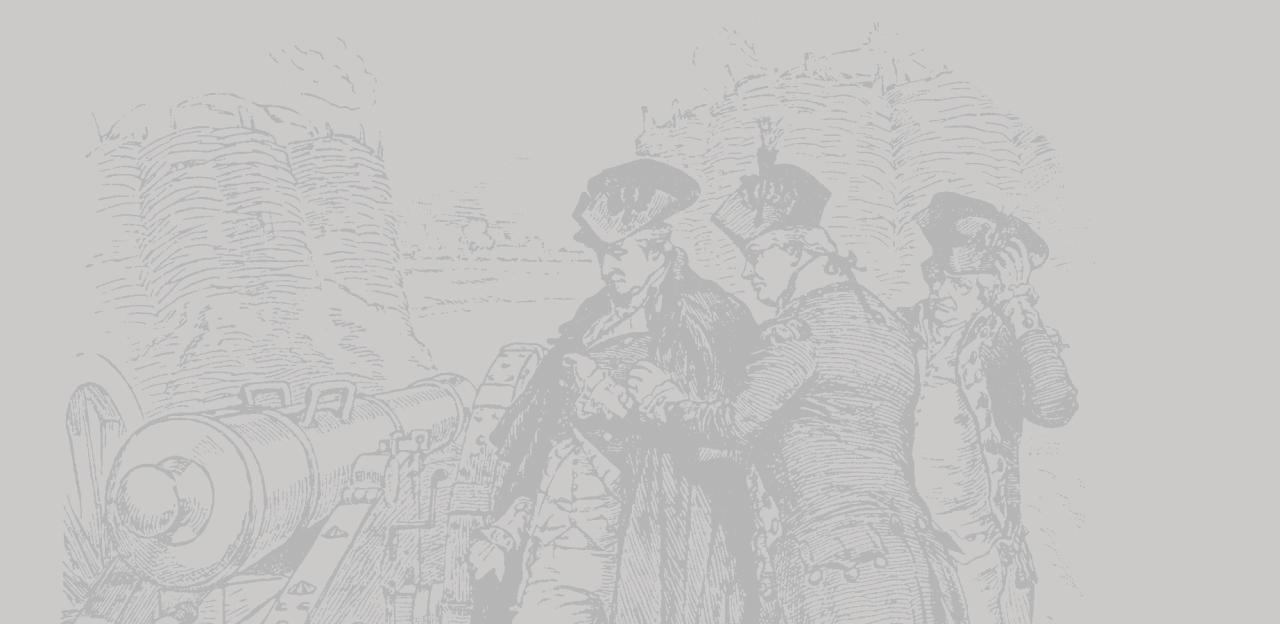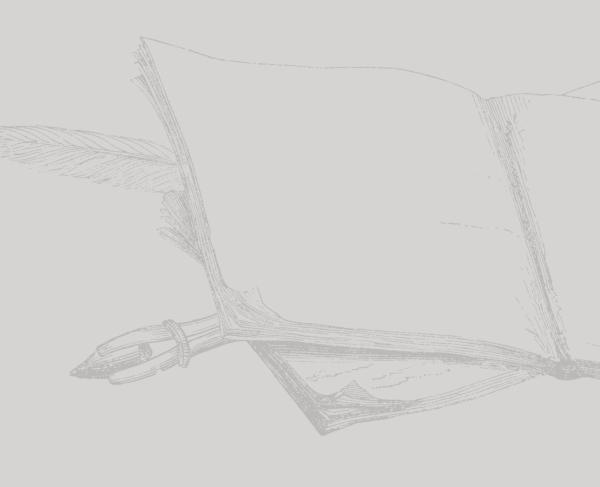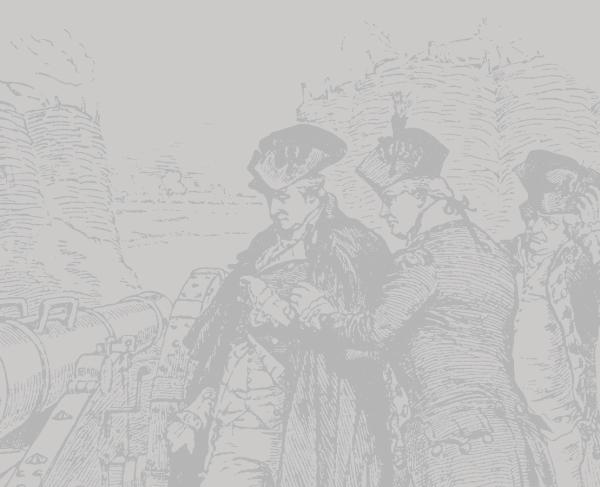"The Wilkes Militia arrived unannounced": A Religious Community Provides Supplies to the American Revolutionaries

The inhabitants of the town of Salem, North Carolina, were exempt from military service because of their religious beliefs. This Moravian religious community, sometimes called "The Brethren" by the members, generally supported the Revolutionaries, though not through military service. The following diary entry is from February 7, 1781, and describes the arrival of different groups of American troops who sought supplies from the Moravians.
General Morgan’s Brigade-Major, named Brooks, came from the army, near Spurgeon’s, and looked over the town. An officer came from General Greene asking for boots, but there were none to be had, and they both left most politely.
About four o’clock in the afternoon a hundred and seventy-odd of the Wilkes Militia arrived unannounced. Their Captain, Herndon, first demanded brandy, which was furnished; then he wanted meat and bread or flour, and the flour was supplied; then he insisted on having meat, and some of that also was furnished. Then he and the Captains with him tried to press powder from Br. Bagge; he replied that he had none, but there was a little lead belonging to the public which was at their service if they thought wise to take it. They insisted that we had powder in the town, and that it must be given to them. Their demands were finally ended through the arrival of their senior Captain, [William] Lenoir, who brought more men.
The requisitions began again about seven o’clock. In the Tavern many ate and drank as they pleased, and there they took three bundles of oats; the Single Brethren had to give them half an ox, 100 lbs. of meal, and several gallons of brandy; the store furnished corn and salt, the pottery had to supply ware, and in addition they took whatever came to hand. All these demands were made with threats, which sounded as though they sought an excuse to plunder the town.
One Captain said he had inquired about the people in the town and had found that some were for and some against the common cause, and the former should now show it. Lenoir declared roundly that we were his enemies, but for the time he would not harm us except that we must give what they needed and demanded.
After we had had much trouble with them, and felt the Power of Darkness, they left about ten o’clock at night, with a show of politeness, taking the public lead, cut into small pieces. Prior to leaving, several of them went into the town, represented themselves as Tories and tried to lead the Brethren to join them, but they did not succeed, for the Saviour gave our Brethren grace to speak cautiously, and protected them from harm. After eleven o’clock, three of them came back into the town, and were forbidden, by the nightwatch, to roam about; they claimed that they were looking for a deserter. After they left, the night was quiet.
Source: The diary of the congregation at Salem, 7 February 1781, in Adelaide L. Fries, ed. Records of the Moravians in North Carolina (Raleigh: Edwards & Broughton, 1930), 4:1674–75.

